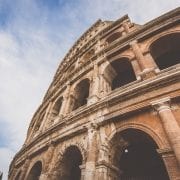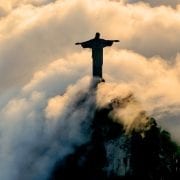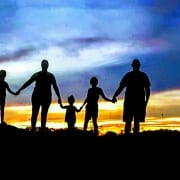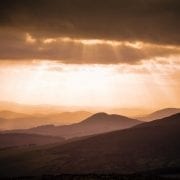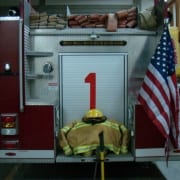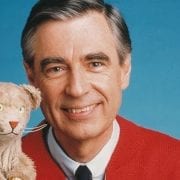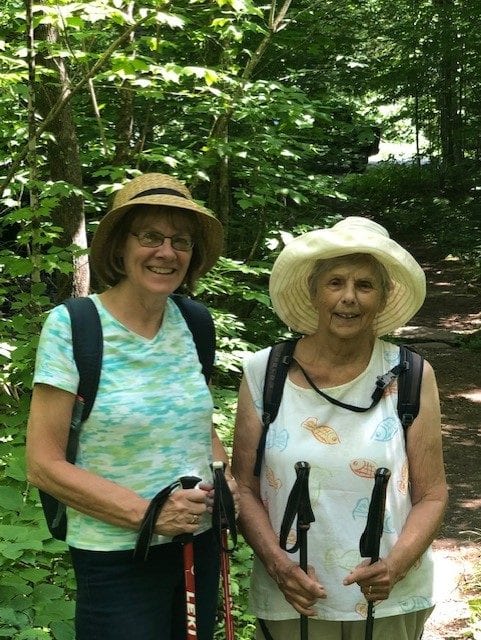The Nicene Creed, a Universal Statement of Faith
Recently, on a visit to Michigan, I attended a Catholic church. During the service, the entire congregation recited the Nicene Creed. As a Methodist, I have also recited this creed many times in my life. As I recited it along with the other attendees, the words rang clearly to me. I marveled at its elegant simplicity and its clear explanation of what we, as Christians, believe. It is a summary of our Christian faith.
The Origin of the Creed
As a student of theology, I knew more and began to reflect on how the creed came to be. In 325 AD, a group of 150 bishops gathered in Nicaea, an important town in ancient Greece. They had come from all of the various places where Christianity existed—Alexandria in Africa, Rome and Athens, and the various outposts of Europe. From throughout the Roman empire they came.
Years earlier, in 313, Emperor Constantine won a great victory, which he credited to Jesus. After the battle, Constantine declared Christianity as the state religion of Rome, effectively moving Christianity from the catacombs of society to an approved state religion.
In 325, Constantine heard about a great divide in the church over the divinity of Jesus. Seeing that this divide was threatening to split the church, Constantine asked the bishops to convene and hammer out a solution.
Two Sides
On one side were the traditionalists, who viewed Jesus as divine and part of the substance of God. The other side were the backers of Arian from Alexandria, who believed Jesus was less than divine—perhaps a semi-God. For days, both sides presented their views, sometimes amiably and sometimes with rancor. The Arian’s were particularly aggressive in presenting their views.
However, the traditionalists won out, and with their victory came the creation of a creed that explained our belief structure centered on a triune God, or three persons in one. One of the key Bible verses that turned the tide was John 1:1 which says, “In the beginning was the Word, and the Word was with God, and the Word was God.” The author of John used the word “Word” (or “Logos” in ancient Greek) to describe Jesus. If you therefore read this verse with Jesus in place of the word “Word,” you can see how this group arrived at the answer that Jesus both was God and is with God.
The New Creed
Over the next fifty years or so, there were still minor disputes, so another group of bishops met in Constantinople in 381 to build upon the original creed. This new creed—while not theologically different—filled in a lot of the blanks. Scholars call this second creed the “Nicene-Constantinople Creed.” Outside of the scholastic world it is still shortened to and called the Nicene Creed. The version completed in 381 AD is the one we still use today.
One important thing to note is that ALL Christian Churches use this creed: Western Catholics, all Protestant denominations, and Eastern Orthodox churches as well. It is one of the few documents on which every denomination agrees.
The Debates
Later, in the twelfth century, a minor debate arose as to the source of the Holy Spirit. Does it come from both Jesus and God or God alone? This controversy is called the Filoque debate. While never fully resolved, the Western church believes that the Spirit emanates from both. The Eastern church believes the Spirit emanates only from God.
From my viewpoint, the creed is an impressive construction that has clearly stood the test of time.
Many of the bishops traveled great distances to participate in these meetings; some for months. And consider the enormity of this task without the literary capabilities that exist today. These early Christians performed a marvelous, God-inspired task.
Reading was hard in the fourth century.
Only a very small portion of the population could read and write. Most documents were written without spaces between words. While most books of the Bible already existed, the New Testament did not yet exist in today’s form and would not for almost another century after the creation of the creed.
The work was hard, but it produced a document that has survived close to two millennium and is universally accepted by all Christians. Given the many denominations of Christianity, this is no small feat!
Below is the English version of the modern Nicene Creed, or the profession of faith of all Christians. It is amazing to think that these words were so skillfully crafted so many years ago.
Nicene Creed (English Version)
We believe in one God,
the Father, the Almighty,
maker of heaven and earth,
of all that is, seen and unseen.
We believe in one Lord, Jesus Christ,
the only Son of God,
eternally begotten of the Father,
God from God, Light from Light,
true God from true God,
begotten, not made,
of one Being with the Father.
Through him all things were made.
For us and for our salvation
he came down from heaven:
by the power of the Holy Spirit
he became incarnate from the Virgin Mary,
and was made man.
For our sake he was crucified under Pontius Pilate;
he suffered death and was buried.
On the third day he rose again
in accordance with the Scriptures;
he ascended into heaven
and is seated at the right hand of the Father.
He will come again in glory to judge the living and the dead,
and his kingdom will have no end.
We believe in the Holy Spirit, the Lord, the giver of life,
who proceeds from the Father and the Son.
With the Father and the Son he is worshiped and glorified.
He has spoken through the Prophets.
We believe in one holy catholic and apostolic Church.
We acknowledge one baptism for the forgiveness of sins.
We look for the resurrection of the dead,
and the life of the world to come. Amen.
[/vc_column_text][divider line_type=”No Line” custom_height=”25″][vc_column_text el_class=”post-sign”]
Blessings, until next time,
Bruce L. Hartman
Dr. Bruce L. Hartman is the author of Jesus & Co. and Your Faith Has Made You Well.
Photo by Melanie van Leeuwen on Unsplash
We love to give exposure to budding photographers

